It is quite easy to jump to conclusions when your periods get late. If you are trying to get pregnant, you may feel a sense of excitement and disbelief. But if you are not, you may feel disappointment or fear. You may also feel confused if you know that there are no chances of getting pregnant. When you wonder “why don’t I get my period”, most of you will automatically link it to pregnancy, but there could be many other reasons. The article discusses some of the common reasons.
Why Don't You Get Your Period?
Pregnancy
Sometimes the reason of a missed period could be exactly what you had been thinking. Symptoms of early pregnancy such as bloating, abdominal cramping and tenderness of breasts are similar to premenstrual symptoms, so it may be difficult to distinguish between a late period and a pregnancy. Take a home pregnancy test if you have had unprotected sex and your periods are late. Most accurate results are obtained after a week you expected your periods but some tests promise to detect hCG (the pregnancy hormone) sooner.
Stress
Stress can affect your periods apart from having other unpleasant symptoms. The stress hormones cortisol and adrenaline are produced by your body when you are under emotional or physical stress. The elevated levels of these stress hormones force the brain to distinguish between essential and nonessential body functions till the stressful event goes away. For instance, these hormones increase the oxygen to the lungs and the blood flow to the muscles while delaying digestion and the reproductive cycle, thereby delaying your periods.
Illness
If you would have been sick at the time of ovulation, due to the body’s stress response mentioned above, ovulation would have been either delayed or didn’t happen. This implies that your periods would also be either late or missed – an answer to your question why don’t I get my period.
Weight
You weight can affect your hypothalamus, a gland in your brain that can regulate different functions in the body including your menstrual cycle. A low intake of calories, extreme weight loss or being underweight puts the hypothalamus under stress, and the hormone estrogen is not released by the body, which is required to build the uterine lining. This condition also happens with eating disorders such as anorexia and bulimia, which are characterized by very low estrogen levels. On the contrary, being obese or gaining too much weight in a short time may cause too much production of estrogen by your body. This overload may result in stopping of ovulation for months or cause the uterine lining to overgrow resulting in irregular, heavy periods.
Excessive Exercise
If you are still wondering “why don’t I get my period”, ask yourself another question “Am I doing excessive exercise and restricting calories to lose weight?” When you do excessive exercise and also lose weight, your body reduces the production of estrogen and the menstrual cycle remains incomplete. Some females such as gymnasts, ballet dancers and professional athletes are more prone to develop amenorrhea (no periods for 3 months or more in a row). Some signs that indicate that you are doing excessive exercise are rapid or extreme weight loss, reduced physical performance or working out even through illness, injury or severe weather.
Change in Schedule
A change in schedule, for instance working a night shift or travelling across the country, can mess with your body clock, which is responsible for regulating your hormones including those that regulate your period. Sometimes this leads to a missed period or a delayed period.
Breastfeeding
If you are breastfeeding your baby then you may miss your periods as prolactin – the hormone that helps in secretion of breast milk suppresses ovulation. Many mothers don’t get a period for months altogether while they are breastfeeding. Moreover, your period should start within about 6 to 8 weeks after you wean your child. Talk to your physician if your periods haven’t started even 3 months after you have stopped breastfeeding.
Polycystic Ovary Syndrome (PCOS)
PCOS is one of the most common hormonal disorders among females. The major symptoms of PCOS are irregular periods, acne, excess body and facial hair, ovarian cysts and weight gain. If left untreated, PCOS can result in long-term illnesses such as infertility and type-2 diabetes.
Premature Menopause
In around 1 in 10 females premature menopause will occur before the age of 40. The condition is also referred to as premature ovarian failure and is characterized by sudden stoppage of ovulation, leading to infertility. There is no known cause of premature menopause in the majority of the cases. For the 60% of the females, periods become irregular and then stop – another reason for your question “why don’t I get my period”. Other symptoms include night sweats, hot flushes, and vaginal dryness and sleep disturbance.
Thyroid Dysfunction
Hyperthyroidism or overactive thyroid can produce symptoms such as irregular periods, sweating, increased heart rate, weight loss, difficulty sleeping, muscle weakness and hair loss. It most commonly occurs in females between 20 and 40 years of age.
Medications
Some medicines to treat schizophrenia, depression or taking the pill for long duration can stop periods. If you just take the active pills and skip the placebo or sugar pills your periods can stop immediately. Once you stop the pill, for most females, regular periods return within 6 months. If you have stopped taking the pill but don’t start your periods within 6 months, talk to your physician.
You Have New Roommates
It may sound funny, but some experts believe that if you have moved in with new roommates, your periods may become irregular in an attempt to come in sync with the other girls. There are mixed results of studies, some say it happens, others say it don’t. The lack of period in such cases could be actually stress related – especially if you have issues with your roommate.
You Stop Your Birth Control Pill
A birth control pill can regulate your cycle in an awesome way, so when you stop it, it may be kind of a shock to your body. Experts are not sure as to the cause of this but it happens. So it may take a couple of months for you to get your periods again. However, you can still conceive, even with no period – as ovulation can still happen, so use protection while having sex if you do not want to get pregnant.
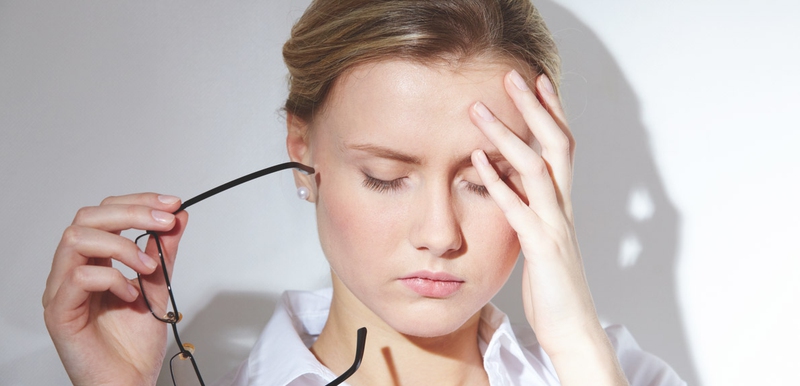
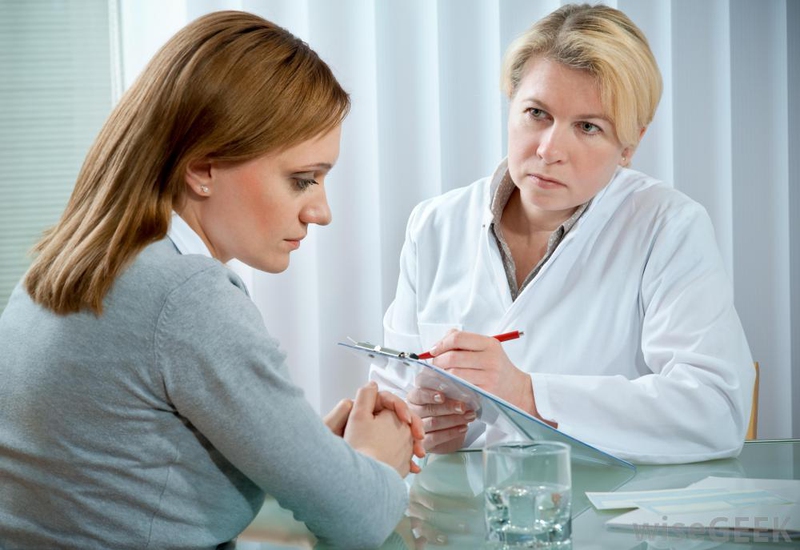
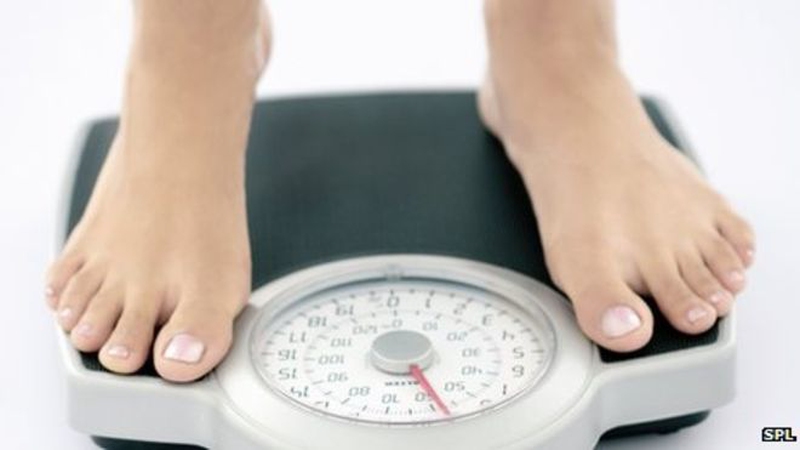
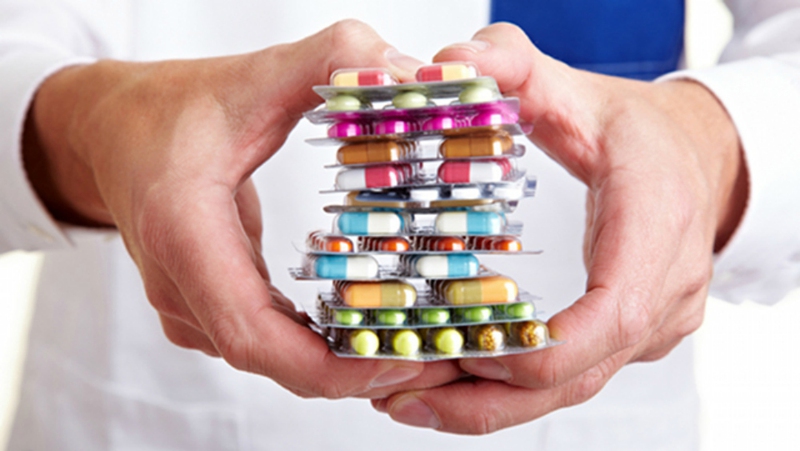
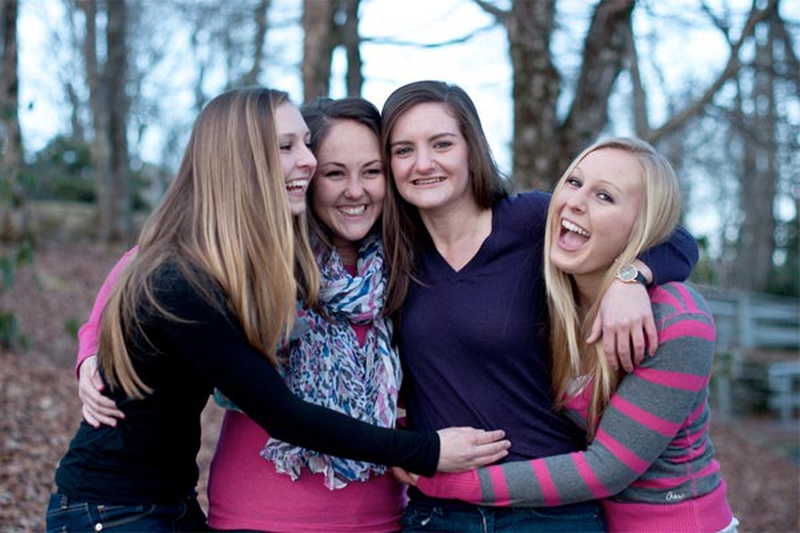
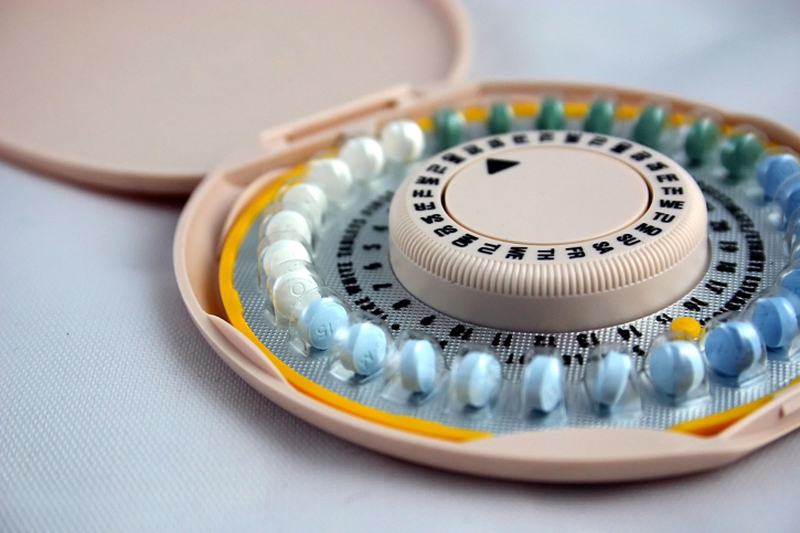
View All Comments /Add Comment